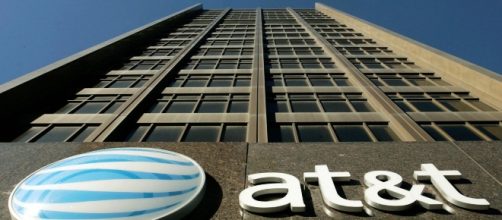AT&T, a popular telecom company, based in the United States faced a severe wrath from Federal Communications Commission (FCC) on March 8 due to disruption of 911 service through their wireless network. The subscribers of AT&T in 14 states including Washington DC were unable to get connected with the 911 late Wednesday evening. Meanwhile, the FCC, which is in charge of the telecom industry in the US, took direct stock of the situation with its chairman Ajit Pai took to Twitter to express his view.
FCC Chairman directly tracked the AT&T 911 downtime
According to Pai, the agency received a huge number of AT&T 911 call failure reports from various parts of the country. The public safety team of the FCC has been immediately called to follow up the matter. However, he again tweeted after an hour stating that the AT&T has restored the 911 service.
Pai added that the FCC would deeply investigate the primary cause of the failure and the potential impact caused to the people. It will also suggest preventive measures that should be adopted to avert downtime of essential services such as 911 in the future. Within minutes after Pai tweeted about the issue, AT&T also took to Twitter and said that they had rectified the problem related to 911.
FCC likely to impose penalties for the network failure
In the past, the FCC had slapped penalties from the telecom providers for service interruptions. When the service of the T-Mobile USA was disrupted on the national network in 2014 with downtime lasting three hours, the FCC imposed a fine of $17.5 million. The issue was almost identical to that of the AT&T with customers unable to make any 911 calls via wireless connectivity.
With the failure of AT&T's 911 service, the company will surely work towards the development of the next generation system with improved features and enhancements. There are reports that the company has decided to upgrade the back-end servers with the emerging NG9-1-1 hardware technology, which will take advantage of broadband networks.
.@FCC AT&T has reported to me that 911 service is now restored. The @FCC will investigate the root cause of the outage and its impact.
— Ajit Pai (@AjitPaiFCC) March 9, 2017
The future system will have an ability to dynamically track outrages and redirection of calls to all the main offices including the capability to make efficient use of backup systems. Moreover, people will have an ability to deliver text, pictures in addition to videos when reporting an emergency. It is to be noted that senators from Minnesota, Florida and other states have already released draft bills to speed up the transition process.

